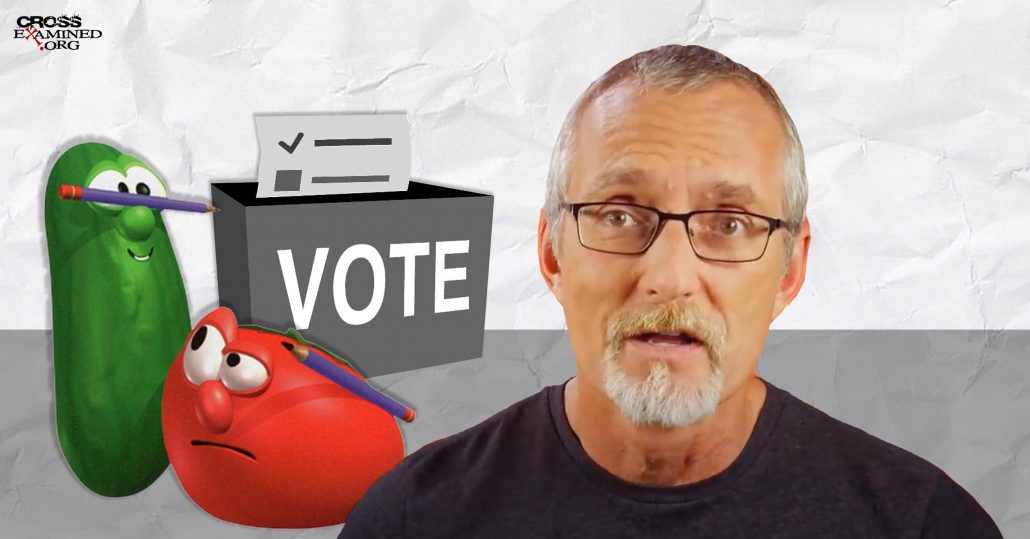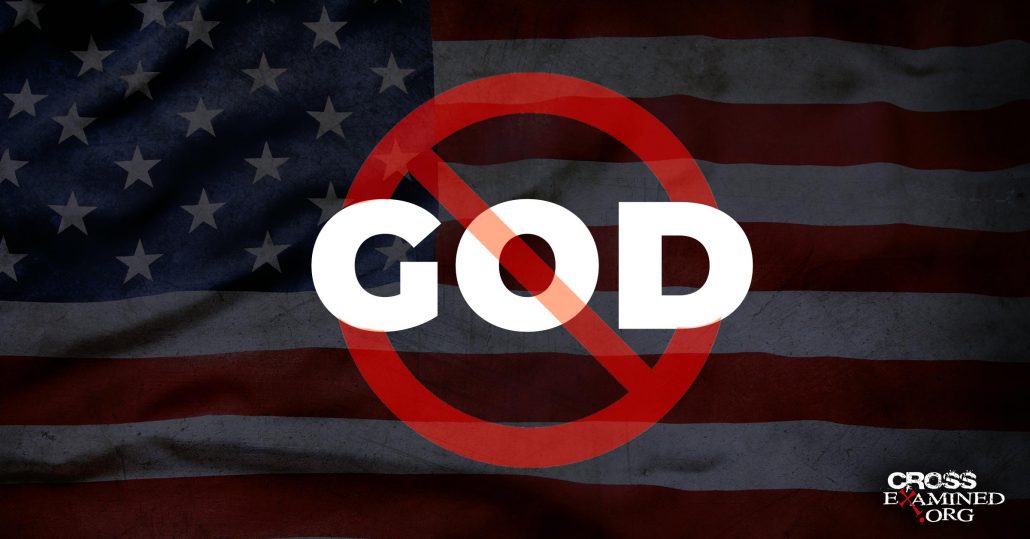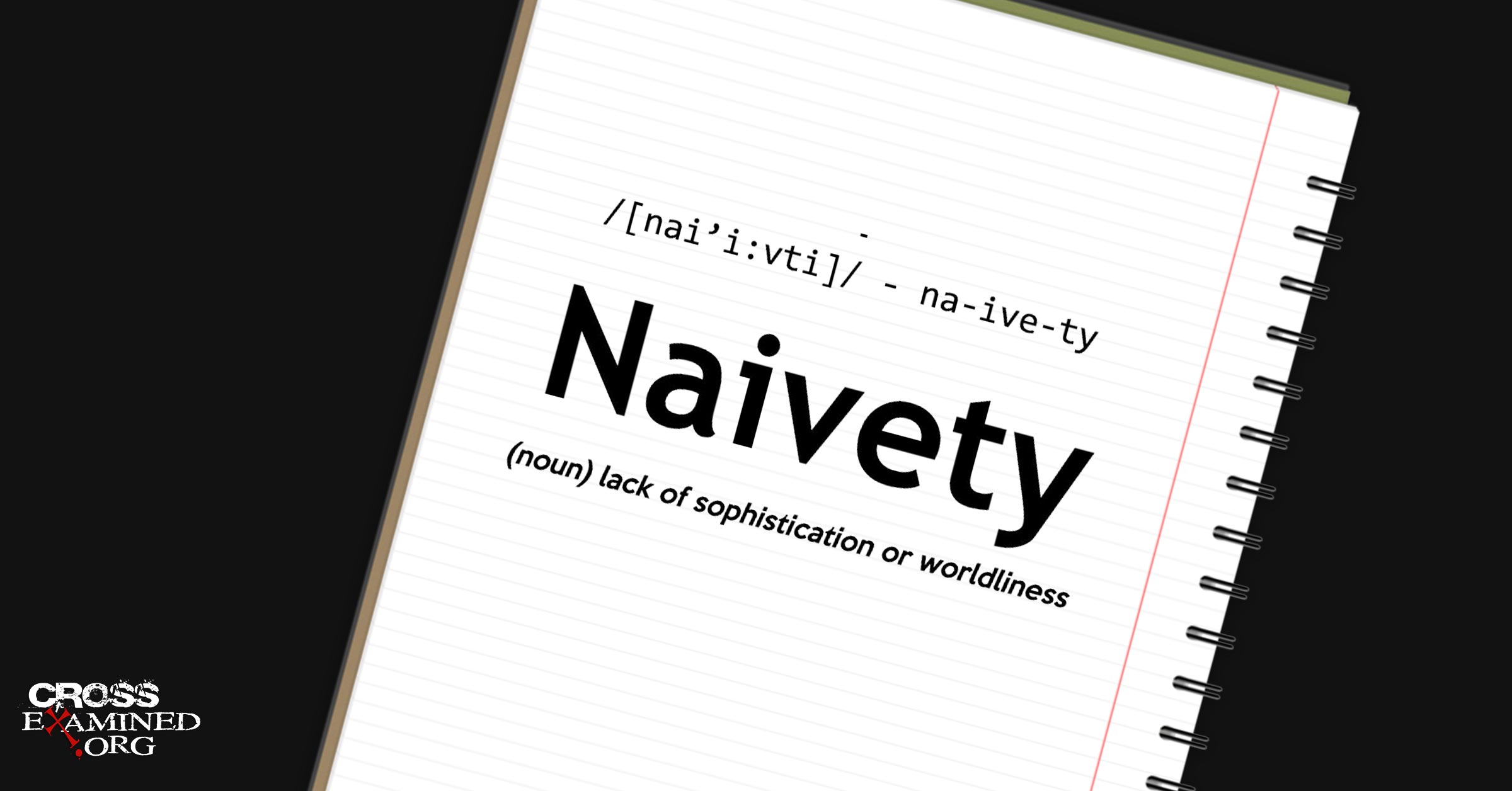By Luke Nix
“We’re living in a society in which people feel no obligation to control their own actions. Instead, we rationalize and justify every aberrant behavior under the umbrella of freedom granted by the First Amendment, never admitting that freedom without reasonable and responsible limits destroys individual lives and ultimately destroys the fabric of a civilized society.”
“It is critical to recognize that the founders [of America] were pledging their lives to restore not someone’s revealed religion, but everyone’s self-evident morality.”
“It is important to note that even though the Founders believed the Rights of the people came from God, they did not insist that every citizen believe in God; they simply saw no way to justify those natural moral Rights unless there was a God.”
“The Moral Law actually is clear to everyone. It is evident by a person’s reactions rather than by his or her actions.“
“The Moral Law is not always the standard by which we treat others, but it is nearly always the standard by which we expect others to treat us.”
“The moral rightness or wrongness of a law is not determined by whether its enforcement is successful or unsuccessful…We’ve always found it difficult to enforce a number of our laws, including laws against murder, spouse and child abuse, rape, and theft, yet no sane person would ever suggest that these laws should be repealed because they’re difficult to enforce.”
“[Rights] should not be based on what people do, but on what is right as defined by the Moral Law. In other words, by definition, laws are prescriptive—they prescribe what ought to be done, while behaviors are descriptive—they describe what is being done. If everyone were to commit murder that wouldn’t make murder right. And it certainly wouldn’t be wise to discard all laws against murder because enforcement is difficult.”
“Most people are law-abiding citizens who don’t require someone constantly looking over their shoulder to keep them in line. In other words, the law, aside from law enforcement, has a certain restraining effect in itself. So when immoral behavior is legalized (the restraining effect of the law is removed), that behavior eventually loses its stigma of immorality. This is because many believe that whatever is legal is moral. That’s why legalization only result in more immoral behavior.”
“The history of abortion, like that of slavery and Prohibition, shows that laws can change hearts and attitudes when given enough time.”
“Even though many laws are difficult to enforce, most people obey them without the continuous presence of law enforcement. But since many believe that whatever is legal is moral, legalization of immorality will only result in more immoral behavior.”
“When libertarians or liberals seek to give people more freedom (i.e., by passing a law that legalizes a formerly illegal activity), they do exactly what they condemn conservatives for doing. They impose their morals (and thereby the associated effects) on people who do not agree with those morals.”
“A common mistake of relativists is to confuse behavior and value, what is and what ought to be. What people do is subject to change, but what they ought to do is not. This is the difference between sociology and morality. The former is descriptive, the latter is prescriptive.
“The Moral Law tells [atheists] intuitively that genocide is wrong. But they can’t appeal to the Moral Law to justify their belief because acknowledging the Moral Law would logically mean acknowledging the existence of the Moral Law-giver.”
“If man is the ultimate authority, then human beings are perfectly justified in defining morals and ethics that fit their own desires, even if those ethics are the ones espoused by Hitler, Mussolini, Stalin, and the Chinese government–murder, torture, and abuse.”
“Large-scale evolution is not only a theory that affects how one looks at things in the biology lab; it has a dramatic impact on government, philosophy, law, and ethics, as well.”
“The [First] Amendment prohibits Congress from establishing a national religion or denomination, but…it logically cannot prohibit Congress from establishing a national morality.”
“Allowing the [Supreme] Court to read their own meaning into the Constitution defeats the whole purpose of a government of the people, by the people, and for the people.”
“If an unelected tribunal of judges can pour any interpretation they desire into a law, then the intentions of the people expressed in that law can be frustrated and usurped. The law ultimately means nothing if its original intent is not honored. Stop signs are useless if drivers are free to interpret them as ‘Go!'”
“While the Bible does not call for its political imposition on civil governments, it does call for those who believe in the Bible to be politically active.”
“The Bible does not command Christians to set up a Christian America; it simply commands them to help create a moral America.”
“What the Left really means when it asserts relativism is that all traditional absolutes are relative—their new absolutes are the only true absolutes. Reasonable people know better.”
“If we continue to let the Supreme Court and the Left suppress the Moral Law morality from our public life, our country is not likely to survive the evil that will continue to grow within it.”
“Like the physical universe, the moral universe is governed by unforgiving laws that we do not have the power to alter.”
“The truth of the objective Moral Law is most clearly seen by analyzing the tangled rhetoric of those who ignore it.”
“A Moral Law government avoids the intolerance of a purely religious government and the moral relativism of a purely secular government.”
“As history has proven, again and again, human beings have an unfailing propensity to suppress the Moral Law when that law gets in the way of their desire for pleasure, power, or property.”
“Today, our moral positions are more often fueled by feelings and emotions than by careful thought.”
“As a society, we rightfully discriminate against all kinds of harmful behaviors (e.g., drunk driving, theft, rape, etc.) regardless of the fact that some people may have been ‘born’ with a propensity to commit those crimes.”
“Even if we are ‘born’ heterosexual or homosexual, we are not required to engage in any particular form of sexual conduct. While we may have strong desires, our conduct is not mandatory. A choice must still be made.
“The fundamental problem in our world is that people willingly choose to do things that deep down they know they shouldn’t do. The fact that we’re all flawed to some extent—is precisely the reason we need a system of laws in our society.”
“We are not saying that all women who have abortions are murderers but victims themselves, deceived by the euphemisms of the abortion propaganda machine.”
“If the ‘pro-choicers’ were truly ‘pro-choice’, they would invite pro-life advocates to their meetings and into their clinics. After all, life is the only other choice a woman can make. Instead, pro-abortion advocates greet pro-lifers with court orders to keep as far away as possible. The pro-abortionists have only one choice in mind. The other choice isn’t good for business.”
“No one has the moral right to choose anything that directly ends the life of another innocent human being. The right to life is the right to all other rights. Without life, we’d all have no rights whatsoever.”
“Because of the legality of abortion, family and friends often feel free to pressure women into killing their babies when they wouldn’t otherwise do so.”
“When the [Supreme] Court ignores the intent of a particular law, it is ignoring the will of the people. Instead of the people governing themselves, they are governed by the imposed will of unelected judges. That’s not representative democracy, that’s closer to tyranny.”
“[Some men with whom women are sexually active] favor abortion because it frees them of what would normally be a long-range responsibility. In effect, abortion makes women more susceptible to predatory males who want to use women for sex but aren’t really interested in making long-term commitments to them.”
“All moral positions impose values. Even the moral position that you should not impose values on others does just that: it imposes values on others. For if we are not to restrain people legally from doing wrong, then we impose on others the effects of the wrongdoing.”
“It is precisely because humans are not animals that we do not kill them in difficult situations. That is, since we believe human life has a higher value than that of animals, we do not treat humans like laboratory rats. Moreover, human beings don’t lose their value when they lose their health. People are valuable because of their humanity, not because they lack an infirmity.”
“Laws favoring abortion impose values on the life of the unborn; pro-life laws impose values on the liberty of the mother. In other words, the pro-life side wants to impose continued pregnancy on the mother, while the pro-abortion side wants to impose death on the baby.”
“If money made people happy, the United States would be the happiest place on earth. Instead, we lead the world in indicators of unhappiness such as suicide, drug use, and divorce.”
“Money without morality leads to the kind of materialistic madness we’ve been experiencing. We have everything to live with and nothing to live by.”
“How can those responsible for legislating morality do so when they have trouble discerning right from wrong? Are such people really qualified to make decisions of the highest moral consequences?”
“Why won’t those who use immoral means to get what they want in their private lives use immoral means to get what they want in their public lives? Those who refuse to restrain their appetites in private are unlikely to resist the enormous temptation to abuse their political power to get what they want (and to use that power to cover up their ‘private’ indiscretions).”
“When the ideal is not realizable, then we should legislate the optimum achievable within the existing conditions. That is when the maximum is not possible, we should not settle for the minimum but should legislate the optimum.”
All these quotes came from Drs. Frank Turek’s and Norman Geisler’s book Legislating Morality: Is It Wise, Is It Legal, Is It Possible. Check out the full chapter-by-chapter review of the book and other featured posts:
Recommended resources related to the topic:
Legislating Morality: Is it Wise? Is it Legal? Is it Possible? by Frank Turek (Book)
Legislating Morality: Is it Wise? Is it Legal? Is it Possible? by Frank Turek (Book, DVD, Mp3, Mp4, PowerPoint download, PowerPoint CD)
Is Morality Absolute or Relative? by Dr. Frank Turek DVD, Mp3 and Mp4
Counter Culture Christian: Is There Truth in Religion? (DVD) by Frank Turek
Defending Absolutes in a Relativistic World (Mp3) by Frank Turek
Is Morality Absolute or Relative? (Mp3), (Mp4), and (DVD) by Frank Turek
Luke Nix holds a bachelor’s degree in Computer Science and works as a Desktop Support Manager for a local precious metal exchange company in Oklahoma.
Original Blog Source: https://bit.ly/3dxnbf0











